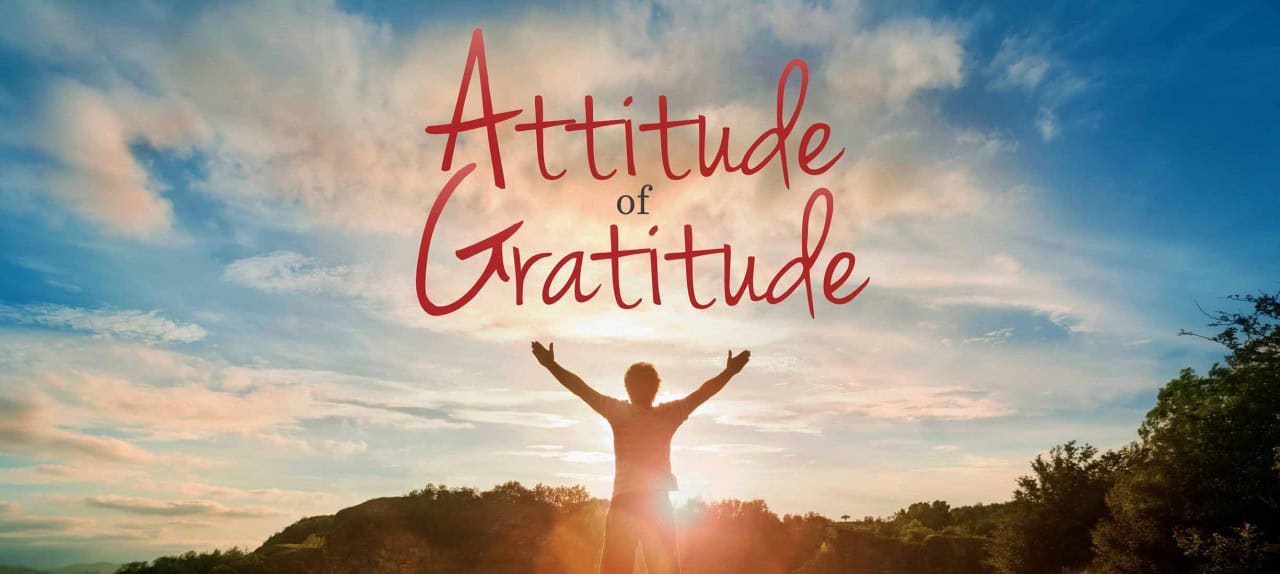In the grand tapestry of life on Earth, humans have thrived by learning invaluable lessons from the myriad beings that share this planet with us. The wisdom that animals and nature have bestowed upon us is immeasurable, ranging from the straightforward tasks of gathering food to the intricate ones of building boats and aircraft.
However, amid our victories, we have fallen prey to a dangerous sense of self-importance and neglected to express our gratitude to the animals, birds, insects, and plants serving as our silent mentors.
When practised earnestly, gratitude towards animals and nature is not just an act of acknowledgement; it is a transformative force that fosters empathy, humility, and interconnectedness. By recognising the integral role animals play in our lives—from providing sustenance to teaching us about companionship and survival—we cultivate a profound sense of interconnectedness with the natural world.
This connection, often dismissed in the pursuit of unchecked progress, is crucial for maintaining our ecosystem’s delicate balance and ensuring all living beings’ well-being.
The very essence of practising gratitude towards animals and nature lies in our ability to extend love and compassion beyond the boundaries of the human realm. It is a recognition of the intricate dance of life, where every species contributes to the harmonious rhythm of existence. This practice of gratefulness is not just an obligation but a celebration of the profound wisdom emanating from the natural world.
Humanity’s assumption of superiority over other living beings has birthed a culture of ungratefulness that dismisses the importance of acknowledging our debt to the intricate web of life. The belief that animals and nature cannot interact with humans, sparing us the need for gratitude, is a dangerous misconception. While they may not communicate in words, their actions and existence are a constant dialogue that shapes the very fabric of our lives.
Unbeknownst to many, the practice of ungratefulness towards nature has insidious consequences. It fosters individualism, recklessness, and a killer mentality that corrupts our society. In this culture of ingratitude, aggression takes root, ruling over our nerves and emotions. As a result, there is an inhumane society where denial of God’s existence and disregard for the teachings of religious texts make the pursuit of happiness a miserable journey.
God and religious scriptures, often overlooked in our fast-paced lives, hold profound insights that offer a proven path to success in worldly pursuits and the quest for mental peace. However, the arduous nature of this path, coupled with the immediacy of modern life, leads many to disregard these profound sources of enlightenment. The inclination to perform superficial rites while neglecting the essence of spiritual teachings becomes a convenient way to maintain societal respect and positions of influence.
In a world where individualism threatens to overshadow our shared humanity and the consequences of environmental neglect loom large, practising gratitude towards animals and nature is not a choice; it is an imperative. It is a call to embrace a culture of interconnectedness, where the wisdom imparted to us by nature and the lessons learnt from the animal kingdom serve as guiding principles for a more peaceful and sustainable existence.
Let us, as stewards of this planet, recognise the debt we owe to the beings that have been our silent mentors. In practising gratitude, we honour the intricate tapestry of life and pave the way for a future where love, compassion, and interconnectedness triumph over the culture of ungratefulness that threatens to erode the very foundations of our humanity.


মন্তব্য করুন
মন্তব্য করার জন্য আপনাকে অবশ্যই লগইন করতে হবে।